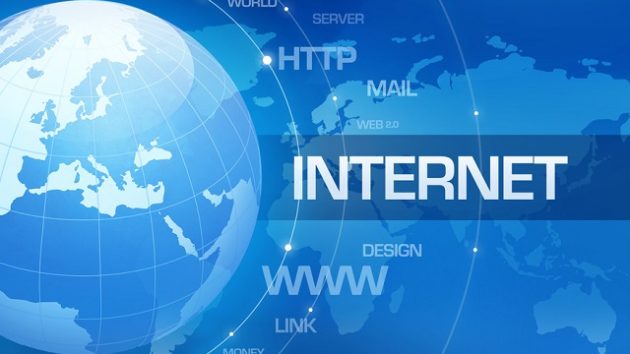Senator Rubio: FCC over-Regulation threatens the Internet with ‘speed limits’ and ‘speed traps’
Rubio: “Unlike the roads we drive on, the Internet is not a place where we need to start posting new speed limits and setting up new speed traps, but that’s essentially what this federal action threatens to do to the Internet.”
U.S. Senator Marco Rubio (R-FL) issued the following statement regarding today’s vote by the Federal Communications Commission (FCC) to increase government regulation of the Internet by reclassifying broadband as a telecommunications utility under Title II of the Communications Act:
“Over the past two decades, access to high speed Internet and the freedom to use it have transformed our economy and created infinite new ways for people to achieve the American Dream. Millions of people have thrived in the Internet era in no small part because overreaching government regulations and devious international schemes to seize control of it away from the U.S. have been rejected – until now.
“A federal government board in Washington today took action that threatens to overregulate the Internet to the point of making it more expensive for consumers, less innovative and less competitive. The Internet has thrived on innovation, speed and healthy competition to become faster and faster. Unlike the roads we drive on, the Internet is not a place where we need to start posting new speed limits and setting up new speed traps, but that’s essentially what this federal action threatens to do to the Internet.
“The Internet doesn’t need more rules and mandates that take power away from consumers and hand it to a federal government board that every lobbyist, lawyer and crony capitalist with a vested interest in the Internet will now seek to manipulate to their advantage. The Internet has worked so well so far precisely because it’s been as level a playing field as we have in any industry today, but now this decision threatens to give government regulators the power to pick winners and losers.
“I’m also concerned that this needless government intrusion into the Internet distracts from what we should be doing to reach the next frontier in the Internet’s history: to bring it within reach of the almost 100 million Americans who remain offline. Closing the digital divide is a goal we can achieve in the coming years, but only if we pursue policies like the Wi-Fi Innovation Act and the Wireless Innovation Act that I’ve introduced to increase the availability of spectrum in order to connect more people and increase capacity for growing amounts of data being exchanged via broadband.
“Instead of allowing a Washington bureaucratic board to have the final say, an action of this magnitude should be debated openly in Congress, where I’m confident it would be defeated. Consequential decisions like this about the Internet’s future should be made by Congress, not a federal board of unelected commissioners who are not accountable to a single American citizen. Congress should act immediately to begin updating outdated telecommunications laws.”


